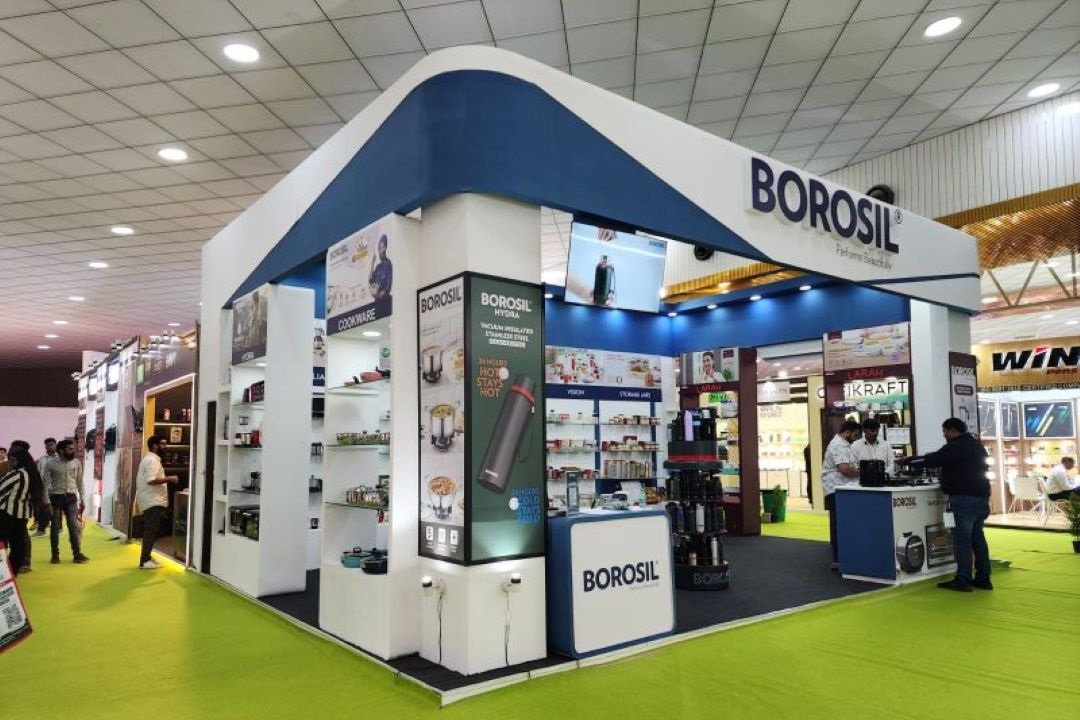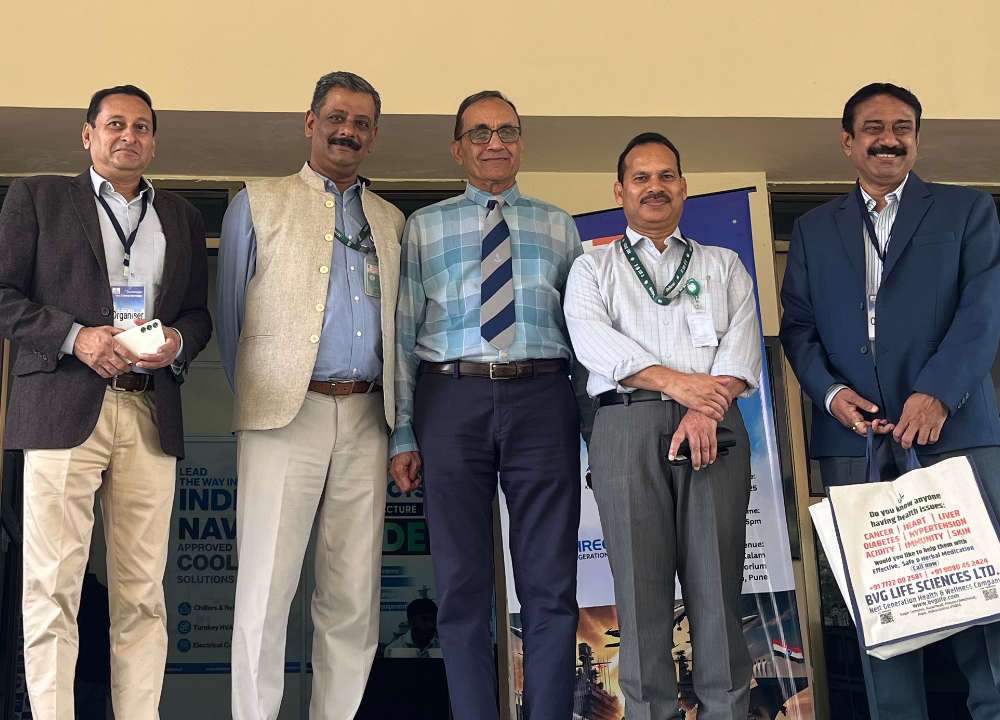The Borosil Group, promoted by the Kheruka family and comprising Borosil Ltd, Borosil Renewables Ltd, and Borosil Technologies Ltd, expects its revenue to reach ₹3,500 crore in FY25, with plans to double it to ₹7,000 crore over the next four years.
To support this growth, the group plans to invest ₹250 crore in expanding its operations. Of this, ₹150 crore will be directed towards setting up a new plant in Gujarat for the company, which manufactures glassware and cookware. Additionally, Borosil will invest ₹100 crore to enhance efficiency and increase capacity at its existing Jaipur facility, where it has already invested ₹450 crore.
It is also exploring further acquisitions in the kitchenware segment. “In 2020, the group had a combined revenue of around ₹950 crore, and by 2025, it’s expected to grow to ₹3,500 crore, a nearly 3.5-4x growth,” said Kheruka. However, he noted that achieving similar growth in the next five years will be challenging, particularly due to competition in the solar glass sector from Chinese exporters offering products at significantly lower prices.
Despite these challenges, Kheruka believes the company can double its capacity within the next three years, potentially doubling its turnover from the current ₹1,300-1,400 crore. The company’s scientific business, which is expected to generate around ₹500 crore this year, is also projected to grow at a rate of 12-14%.
For FY24, the company reported a revenue of ₹942.25 crore, while Borosil Renewables posted consolidated revenue of ₹1,369.28 crore. Borosil Scientific, which was recently listed following its demerger from the parent company, had a consolidated revenue of ₹394.57 crore.
Kheruka, Managing Director of Borosil Ltd, sees strong potential in the glassware market, driven by the rising disposable incomes of the urban middle class, which is increasingly moving away from plastic products.
The company plans to invest ₹150-200 crore in building a new glass tank and is also considering a ₹100 crore investment in insulated steel bottles, which are gaining popularity as a replacement for plastic bottles. These products, previously imported, will now be produced locally in India.








